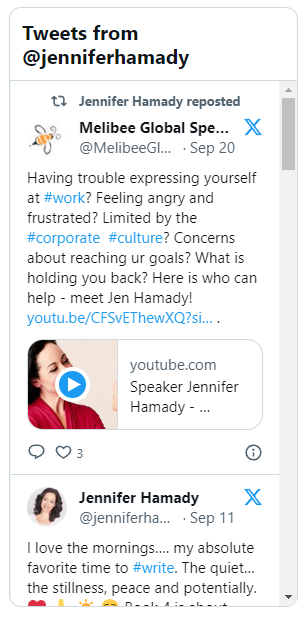I recently read an article in Business Insider about how often women overuse the word ‘just’; that it has become a ‘permission word’ which dilutes our message and weakens us when we speak. I’ve certainly found this to be the case. Not only in our words, but in our voices, energy, and body language, we often apologize for what it is we say, as well as for ourselves saying it.
While language is a primary focus in my work, nothing has highlighted the importance of how I speak and the words I choose more than having a child. Our adult awareness doesn’t begin to compare with the vigilance of children’s listening and observation.
Thanks to Lucas, I’ve recognized and cleaned up some of my own less effective speaking and listening habits. For example, statements that sound even slightly like questions (tonally turning up at the end), invite disagreement. This is fine when we’re exploring and learning together, but not when something’s closed for debate. “It’s time to go to bed, OK?” just doesn’t cut it.
Similarly, my certainty about a desired outcome is as powerful– if not more so– than the words I use about what I want to happen. If I don’t know that Lucas will go to bed at 8pm– or return a toy to a friend, or stop at the street corner– he is less likely to do so… regardless of what I say.
Interestingly, one of my biggest communication lessons has involved a single word choice. As Lucas entered toddlerhood and became more active, I noticed that my admonition to ‘be careful’ didn’t feel good– to either of us– no matter how I said it. Implicit in the phrase is a fear and heaviness I rarely felt until after I said it; my choice of language was suggesting an emotional state that then became reality.
I therefore replaced ‘careful’ with the word ‘mindful’ and immediately noticed a change. Gone were the heaviness and fear; in their place emerged a thoughtfulness as well as a calm and even peaceful awareness of self, others, and objects. As with the women who removed the word ‘just’ from their vocabularies, this simple shift has had a profound and positive impact, for both Lucas and myself.
It’s funny that I should be surprised by the power of language, given that in my work I place tremendous importance on the words we choose when speaking about our instruments and ourselves. Even common words like ‘high’ and ‘low’ can adversely influence how singers perceive and attempt to engage with certain pitches, regardless of how well trained they are. It’s therefore critical for them– and all of us– to carefully select language that empowers and enables us, rather than default to words that impair our performance and sense of wellbeing.
Consider careful and mindful in the vocal context; I can feel the difference in body when I tell myself to be careful with a certain phrase, rather than to be mindful about it. The former makes me apprehensive. I can feel my body tense ever so slightly; my breath catches a bit. On the other hand, the idea of mindfulness calms me down physically and mentally, broadens my perspective, and encourages me to walk with grace and ease into a passage.
Soon after my ‘careful versus mindful’ discovery with Lucas, I spent a few days looking deliberately at my words and communication habits, in every area of my life. And I was fascinated to see how many ineffective ones had crept in (including an all too frequent occurrence of that pesky ‘just’). Consider taking on this word-watching project yourself for a day or two. You may even want to keep a journal to jot down ways of speaking that surprise you, for better and worse (including how you speak to yourself).
Once we become more conscious of the language we use and the way we speak, we can change our ineffective patterns and habits for the better. Using accurate and empowering language not only makes us better and more effective communicators, the quality of our relationships improves dramatically as well. Including the ones we have with our families and ourselves.

